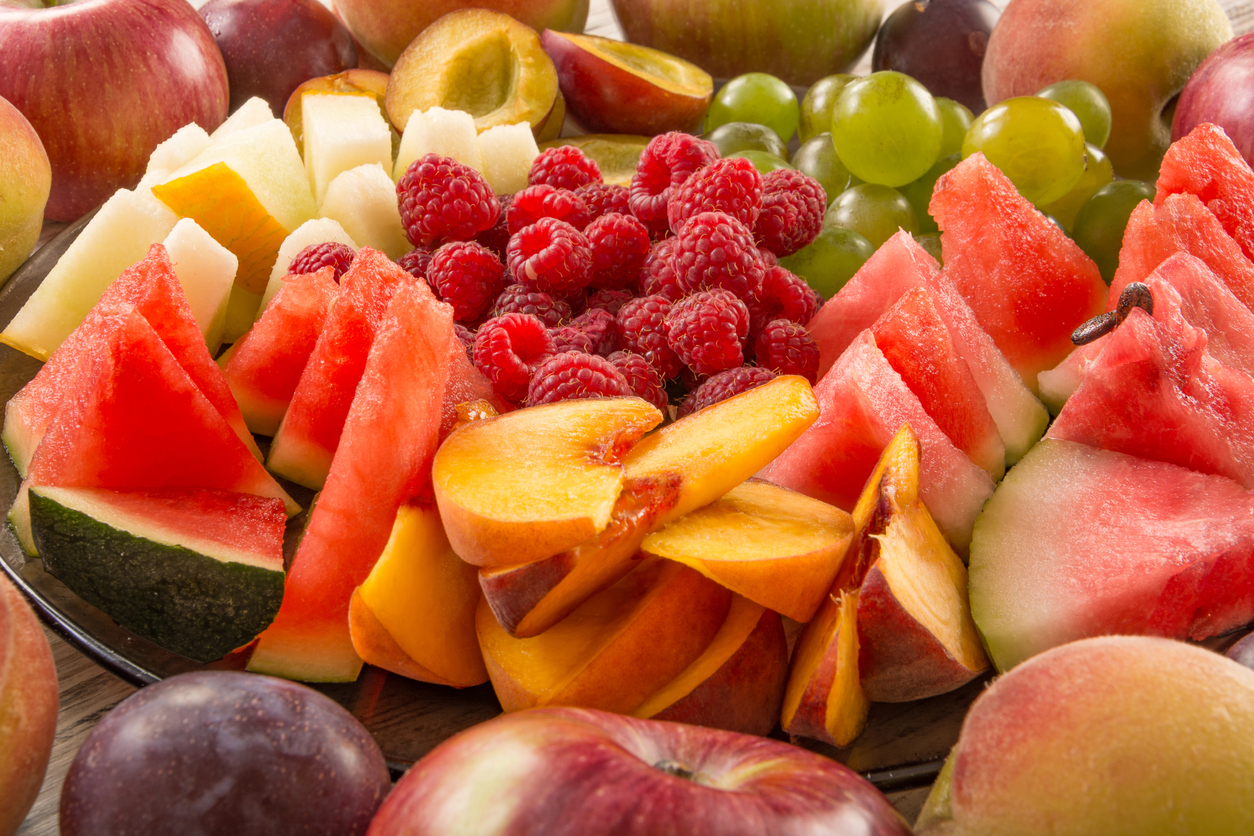When you have PCOS, everyone has advice. Especially about what you should eat, what not to eat and how to shed those kilos while giving up on sections of food that are actually nutritious. The insulin resistance component of PCOS does need special attention and hence the women with PCOS need to keep a check with what they eat in order to maintain their blood sugar levels.
Daily physical exercise and a nutritionally rich diet can help you reverse your PCOS by controlling the insulin resistance in your body. In this case, while carbohydrates can lead to a sharp increase in the blood sugar levels, you should not swear off them completely. Foods like fruits do contain carbohydrates but they are an essential part of your diet. Various studies confirm that consumption of sugar is a concern for women with PCOS, and hence, the portions of fruits consumed are of great importance.
The carbohydrates or sugar that can be found in fruits is different from the sugar that is obtained from other places.
Fruits usually have fibre and fructose (a naturally occurring sugar), along with a variety of antioxidants, vitamins and minerals. The fibre in fruits makes it more fulfilling as an addition to your diet. So, fruits are a great alternative to sugary food and drinks and are more filling to eat.
While fruits are a healthier alternative, all fruits do not sustain our body in the same way and women with PCOS should be careful about making better choices in that case.
What fruits are good for PCOS?
1. Apples: they have a lower GI – that is good to reduce insulin resistance. Green apples also act to reduce the hormonal imbalance and reduce the symptoms of PCOS. With low calories and a dense, delicious taste – it is the perfect snack. One medium sized apple can be consumed in a day.
2. Pears: they have a lower GI and are high in fibre content, a perfect combination to cater to your weight loss.
3. Oranges: they are citrusy with a high Vitamin C content. Its high fibre content makes sure that your blood sugar levels do not spike and gradually absorbs sugar in the blood.
4. Kiwi: As flavourful as it is, it has a low GI, high Vitamin C content and can be incorporated in your diet as a midday snack.
5. Peaches and plums: these fruits have anti-inflammatory properties that are beneficial for women with PCOS. Peaches are a favourite to make low-calorie desserts to satisfy your sweet tooth too.
6. Grapes: Not only are grapes a powerhouse of fibre and vitamins, they also have large amounts of antioxidants. A cup of grapes can help you stay full and satiated.
7. Berries: blueberries, strawberries, raspberries and blackberries are an excellent source of antioxidants and anti-inflammatory components, and can become an important part of daily diet.
8. Bananas: Bananas have higher levels of sugar, hence they should be eaten in portions. Bananas are packed with potassium, Vitamin C and B6, and are beneficial to add to your diet. They maybe consumed before any physical activity that you want to pursue so that you can burn off the calories it has.
9. Cantaloupe: It has a moderate GI and very good content of water. Like most melons, it can be consumed in moderate quantities since it can satiate your sugar cravings.
10. Watermelon: Although it has a moderately high GI, it has a large resource of fibre, minerals and water. Consuming it in small quantities on hot summer days can calm your inflammation too.
11. Papaya: in the raw or ripe form, can be a great source of antioxidants and help alleviate the symptoms of PCOS by its anti-inflammatory properties.
12. Pomegranate: It has high reserves of iron and is known to be an active antioxidant. A cup of peeled pomegranates is great to refuel your iron and reduce inflammation.
All these pointers are to remind you to be mindful when you eat anything and look at its nutritional benefits actively. You are what you eat, and although most fruits have a higher GI, you may want to consume them in a moderate quantity depending on the other benefits it has to offer. It is wrong to eliminate fruits from your diet, rather it is important to incorporate them correctly according to your metabolism.
While this is not an exhaustive list, you may get more choices of fruit from your doctor in a personalised diet plan. It is better to adhere to that meal plan since it is designed to take care of your body and PCOS journey.
Disclaimer: Content on Veera is provided for informational purposes only and is not intended as medical advice, or as a substitute for medical advice given by a physician



















